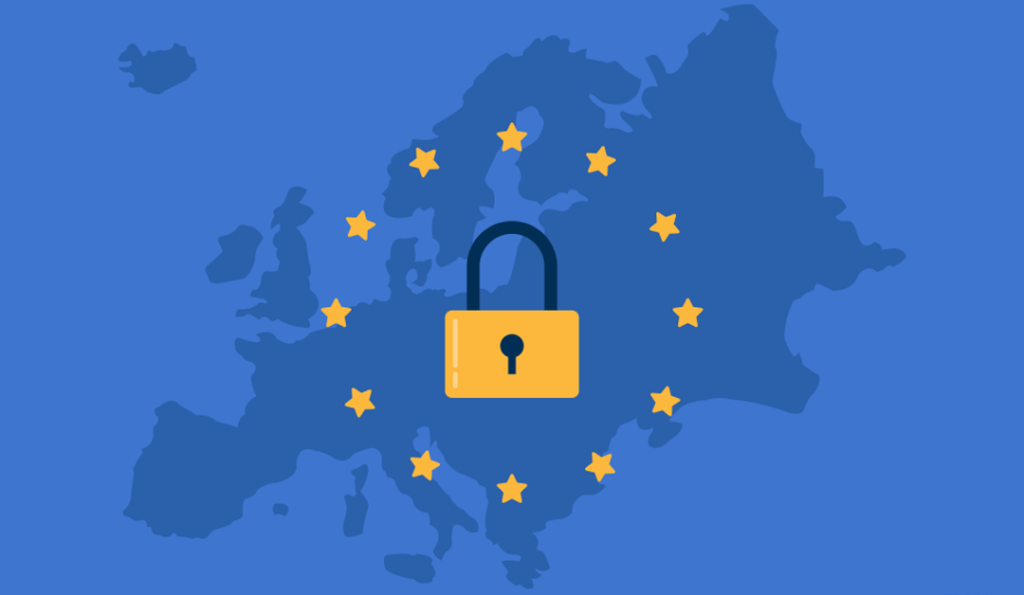
The digital world, as we know it, is now evolving into a metaverse. Virtual reality is blending with our daily lives. And in this scenario, as law students, we expect you to understand the implications of privacy in the metaverse!
This development is raising some unique challenges for lawyers of the future where they will need to understand the principles of virtual reality and how privacy laws and data protection laws need to catch up to be really effective in this world.
Know What is Metaverse
The metaverse is an expensive network of virtual worlds that can provide immersive experience. People interact, socialise, and conduct business through virtual reality and the the lines between physical and digital realities are blurring.
While it’s incredibly exciting, it poses significant challenges when it comes to one’s privacy and data security. For law students, it is essential to understand the intricacies of these issues to be able to navigate and perhaps, regulate this emerging domain.
Privacy Concerns in the Metaverse
Privacy in the metaverse is a multifaceted issue. In virtual reality, users often share personal information, engage in transactions, and create digital identities. And as we know, where there is data, there’s a potential for a privacy breach.
The extensive data collection in the metaverse leads to privacy breach threats if proper steps are not taken. As law students, you should comprehend the various dimensions of privacy concerns in this context to address and mitigate potential risks effectively.
Data Collection and Surveillance
In the metaverse, data collection is pervasive. It spreads like wildfire. Virtual reality platforms gather vast amounts of data, including biometric information, behavioural patterns, and personal preferences. This data is often used for targeted advertising, personalised experiences, and improving platform services.
However, without robust data protection laws, hackers can potentially exploit this data and misuse it. It can even lead to intrusive surveillance. Law students must understand how crucial it is to have stringent data protection laws and that they are enforced effectively to safeguard user privacy in the metaverse.
Anonymity and Identity Theft
In the metaverse, you can be anonymous. And at the same time, you can also impersonate someone else or commit identity theft. Users can create avatars and pseudonyms – and then, manipulate them for committing fraudulent activities.
Hence, privacy laws must be designed to protect individuals from such risks. It needs to be ensured that one’s virtual identities are also secure. As law students, we advise you to explore how current legal frameworks can be adapted or new laws that should be enacted to address these unique challenges posed by virtual reality.
Consent and Data Sharing
Consent is a cornerstone of privacy laws. And in the metaverse, obtaining informed consent is complex. Users often unknowingly agree to extensive data sharing through lengthy and opaque terms of service.
Vogue law students need to advocate for clearer, more transparent consent mechanisms. Users should be fully aware of what data is being collected and how it is used. This understanding is essential so that data protection laws that prioritise user autonomy and privacy can be drafted and remain effective.
Cross-Jurisdictional Issues
Virtual worlds and the metaverse transcend national boundaries. Hence, privacy laws often encounter cross-jurisdictional challenges – making it difficult for the agencies to nab cyber criminals.
Data can be stored and processed in multiple countries – each with its own legal standards. Law students, who are well aware of international data protection laws and how they interact, can promote a harmonised approach to privacy in the metaverse. They can help in developing policies that protect users regardless of their geographic location.
The Role of Data Protection Laws

Data protection laws are critical in regulating how personal data is collected, used, and stored in the metaverse. These laws provide a legal framework to ensure that users’ privacy is respected and that their data is protected from misuse.
General Data Protection Regulation (GDPR)

The GDPR is one of the most comprehensive data protection laws globally. It sets stringent requirements for data collection, processing, and storage, emphasising user consent and data minimisation. However, it is only applicable to European Union citizens (and non-EU companies that deal with data related to them).
We highly recommend all law students in India study the principles of the GDPR carefully and consider how similar regulations can be applied to the metaverse to enhance privacy protection for the people of our country.
Emerging Data Protection Frameworks
Countries worldwide are developing new data protection laws to address the challenges posed by digital technologies. For instance, India’s Personal Data Protection Bill aims to provide robust privacy protections and regulate data processing activities. Law students should keep abreast of these developments and analyse how emerging frameworks can be tailored to address the unique aspects of privacy in the metaverse.
Legal Challenges and Considerations
One of the significant challenges in the metaverse is how to enforce privacy laws and ensure compliance. Virtual reality platforms may operate across multiple jurisdictions, making it difficult to apply a single legal standard.
Aspiring lawyers must explore innovative enforcement mechanisms that can adapt to the fluid nature of the metaverse. We firmly believe that law students can advocate international cooperation and the development of universal standards for data protection and lead the movement.
Ethical Considerations
Beyond legal compliance, we also need to understand the ethical considerations of maintaining privacy in the metaverse. We need to know what the ethical implications of data collection and surveillance in virtual reality can be – and find ways to strike a balance between innovation and user privacy.
We should also advocate for practices that prioritise the well-being of individuals over commercial interests.
Technological Solutions
You might already be aware that technological solutions such as encryption, anonymisation, and blockchain can enhance privacy in the metaverse. It will help if, as law students, you understand how these technologies safeguard user data.
You might even help with integrating these solutions into legal frameworks to provide an additional layer of protection for users in virtual reality.
Conclusion
As the metaverse continues to evolve, the importance of privacy cannot be overstated. Law students at SMS Varanasi must equip themselves with a thorough understanding of privacy laws, data protection laws, and the unique challenges posed by virtual reality.
By doing so, you can contribute to developing robust legal frameworks that protect user privacy and ensure a safe and secure metaverse. Also, by staying informed and proactive, you can help ensure that the metaverse remains a space where innovation thrives alongside robust privacy protections.




